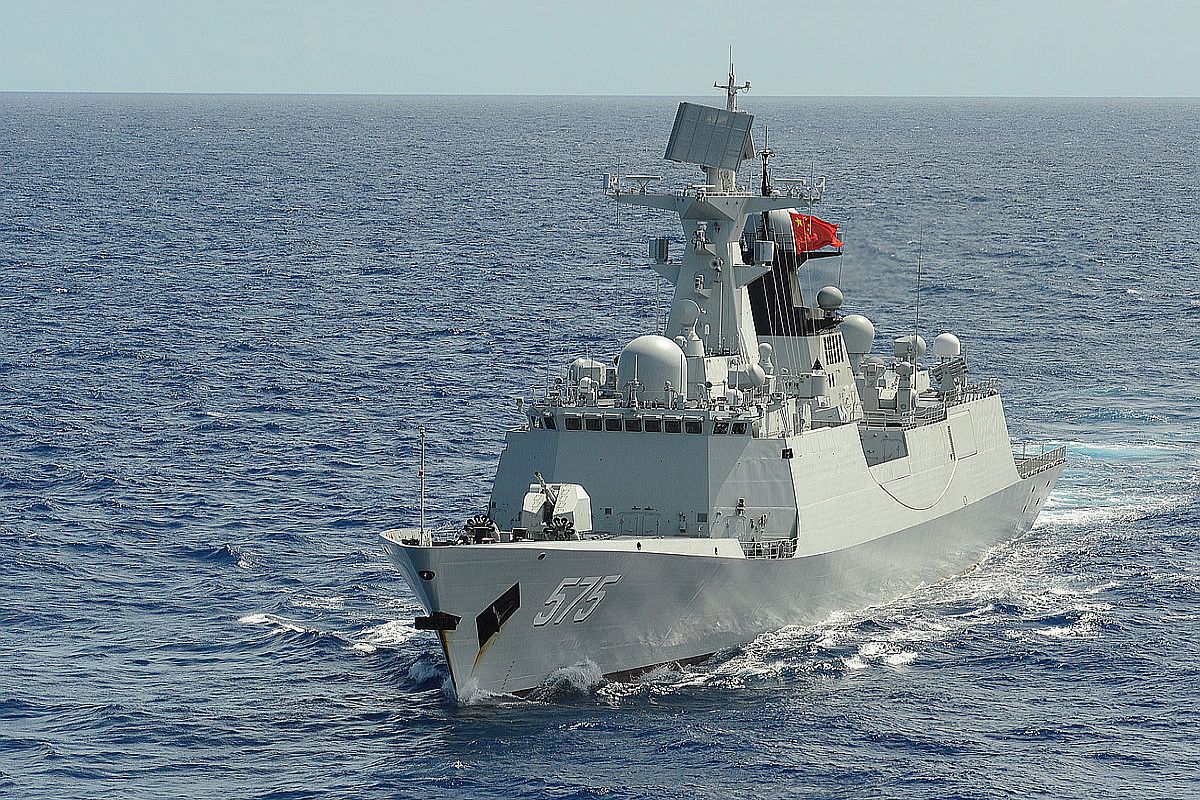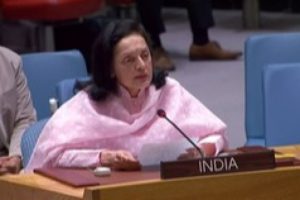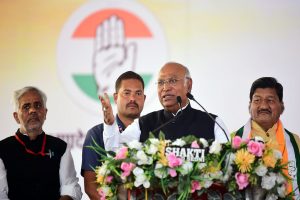China on Friday hit out at Australian High Commissioner to India, Barry O’Farrell, claiming that the remarks by the official on the South China Sea has “disregarded facts.”
The High Commissioner had on Thursday told news agency ANI that the Australian government remains “deeply concerned by the actions in South China Sea that are destabilising and could provoke escalation.”
O’Farrell also informed about Australia launching a note with UN Secretary-General António Guterres last week, refusing China’s unlawful maritime claims in the South China Sea.
“We stated what we said following a 2016 tribunal which ruled against China’s claims. Australia rejects China’s claims to historic rights and internal waters,” he added.
Reacting to the remarks, Chinese ambassador to India Sun Weidong said China’s territorial sovereignty, maritime rights and interests “conform with international law including the United Nations Convention on the Law of the Sea (UNCLOS)”.
“It is clear who safeguards peace and stability and who destablises and provokes escalation in the region.”
Meanwhile, in a sharp response to the Chinese envoy’s remarks, Barry O’Farrell tweeted: “I hope you follow the 2016 South China Sea Arbitral Award which is final and binding under international law, and also generally refrain from actions that unilaterally alter the status quo”.
The Australian envoy had on Thursday stated that Australia urges restrain at LAC and supports continued moves by India for de-escalation.
He added that Australia “opposes any attempts to unilaterally alter status-quo which only increases tension and instability”.
“It is important that bilaterally agreed principles and norms, which help prevent escalation, continue to be observed,” Barry O’Farrell noted.
Currently, both India and China are engaged in military and diplomatic deliberation to de-escalate the tense situation at the border areas. The countries are locked in a standoff that is over 11-weeks-old, at multiple points, hitherto unprecedented along the border.
Meanwhile, even as the rest of the world is struggling with the the Coronavirus pandemic, which originated in Wuhan city of China’s Hubei province, Beijing has been aggressively attempting to alter the status quo in East China Sea, South China Sea and with India in Arunachal Pradesh and Ladakh.











